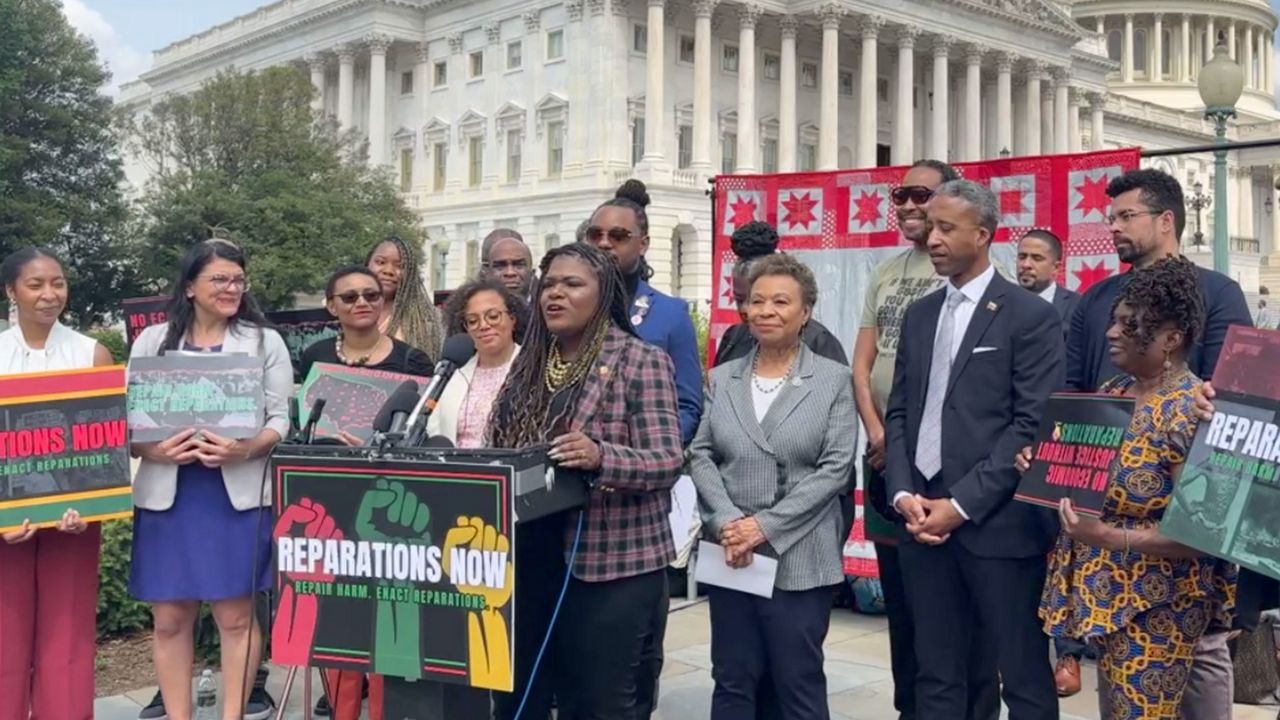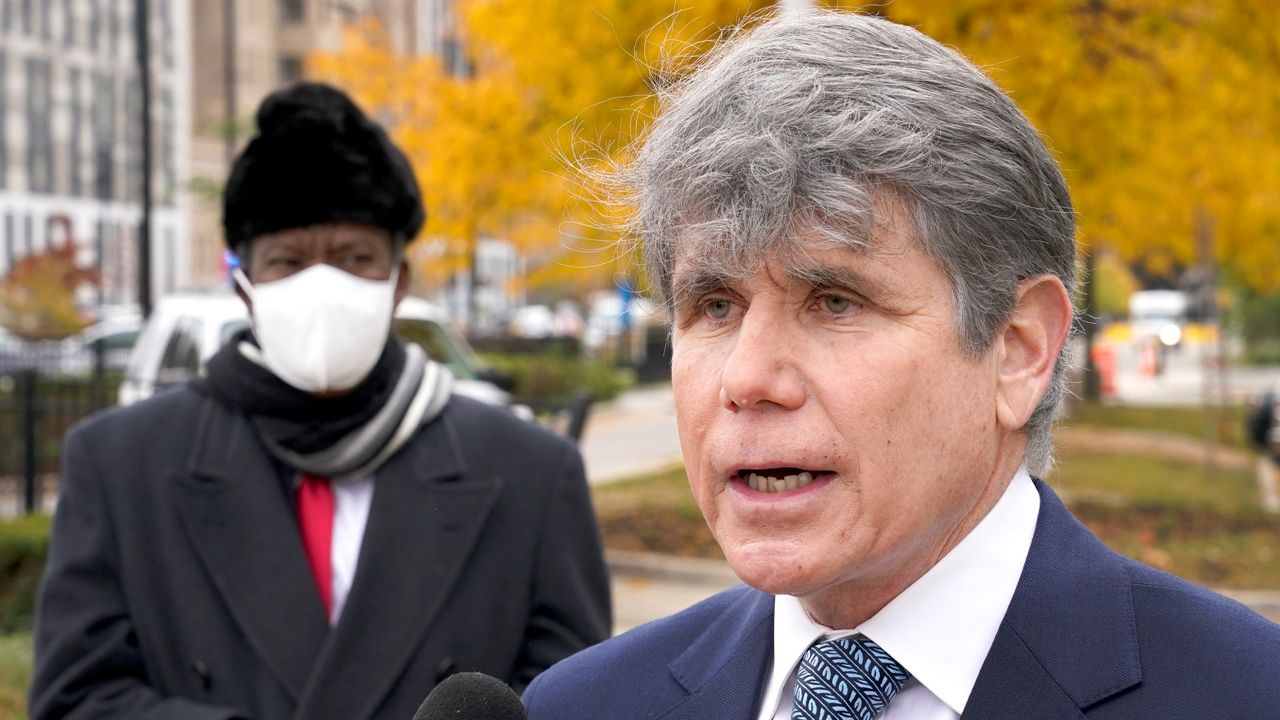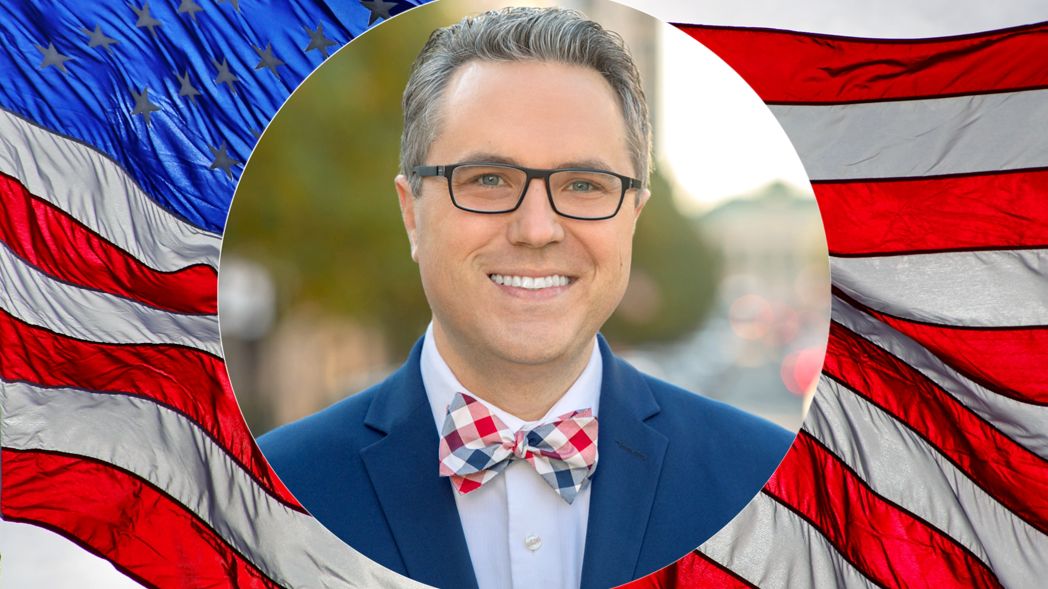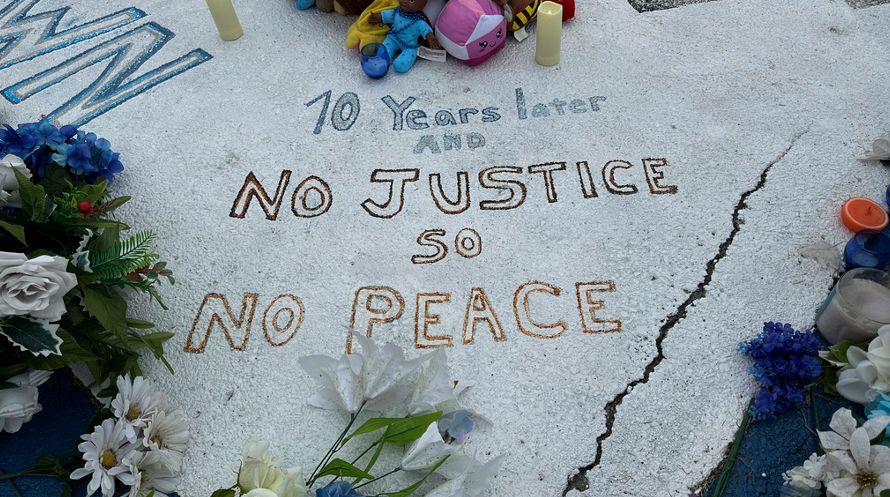Rep. Cori Bush, D-Mo., introduced legislation Wednesday urging the federal government to provide reparations to descendants of enslaved Africans and people of African descent. A descendant of slaves, Rep. Bush says the U.S. has a "moral and legal obligation" to provide reparations.
“Our country was not founded on the principle that all people are created equal. It was founded at the expense of the lives, freedom and well being of black people,” Bush said at a press conference on Capitol Hill in Washington on Wednesday.
A group of two dozen people, including fellow Democratic Reps. Barbara Lee, D-Calif., Jamaal Bowman, D-N.Y. and Rashia Tlaib, D- Mich., gathered with signs that say “Reparations Now”, the name of the resolution Bush introduced.
“Black people in our country cannot wait any longer for our government to begin addressing each and every one of the extraordinary bits of harm, all of the harm it has caused since the founding, that it continues to perpetuate each and every day all across our communities,” said Rep. Bush.
The resolution aims to advance the conversation about reparations at the federal level.
“This perfect union will be more perfect once reparations have been instituted, implemented and developed for African Americans,” said Lee.
Bush made the case that the resolution is needed for a future of healing, repair and accountability.
“We are not here to request that future, we are here to demand it, we need that future now,” she said.
Several of the speakers highlighted ways in which they say slavery’s impact lives on today including voter suppression, the wealth gap between Black and white Americans, segregation and redlining, a disproportionate rate of Black people incarcerated, and health disparities which were laid bare by the COVID-19 pandemic.
“All of this can be traced back to hundreds of years of systemic government sanctioned racism,” said Lee.
“Those are not the natural consequences of human society, none of that, they are directly caused by our federal government’s role in the enslavement and exploitation of African or Black people throughout our history,” remarked Rep. Bush.
Lee added that this is not about reconciliation, but it’s about transformation and one that dismantles a system of racism.
Earlier this year, California’s first in the nation Black reparations task force approved recommendations on how the state may compensate and apologize to Black residents for generations of harm caused by discriminatory policies.
New York lawmakers discussed legislation that would create a coalition to study the harms or slavery.
Evanston, Ill., became the first U.S. city to create a reparations plan for Black residents in 2021.
Several other cities are considering or implementing similar task forces, including one in Rep. Bush’s district — St. Louis has a Reparations Commission that will offer recommendations on developing and implementing reparations for Black residents and the descendants of enslaved people.
Bush said this fight is about her family too and got passionate while talking about her last name.
“That name was forced upon my paternal ancestors by the white people that enslaved them and I can feel that in my bones everyday,” said Rep. Bush.
Bowman shared he’s been working to learn more about his African roots.
“I have just discovered the tribe that my family came from,” explained Rep. Bowman, saying he is still learning the language and the culture.
He asked the crowd to imagine growing up in a society where you are completely disconnected from your homeland.
“Reparations is a major part of supporting our fight for our sovereignty and rediscovering our knowledge of self,” Bowman added.









